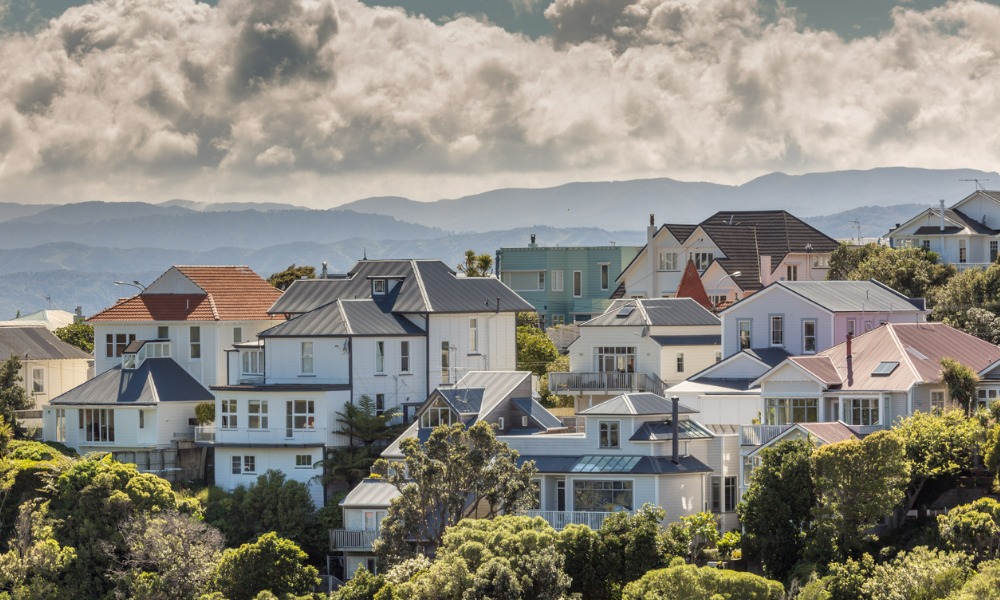The decline was more pronounced in Auckland and Wellington

For the first time in a decade, New Zealand house prices fell year-on-year – this as skyrocketing interest rates finally halted a dizzying boom that had gained momentum after the COVID-19 pandemic broke out.
Read more: Regions holding up relatively well on real estate front – C21NZ
According to Real Estate Institute of New Zealand’s (REINZ) recent report, median house prices across New Zealand dropped 1.8% annually from $825,000 in July 2021. The decline was more pronounced in Auckland, where prices slipped 5.6%, and in Wellington, where prices dipped 5.9%.
But even with the marginal decline, the value of the average New Zealand home remained at $810,000, putting them beyond the reach of many potential first-home owners, the Associated Press reported.
In Auckland, the median price sits at $1.1 million.
The fall in prices comes at a time when unemployment is near record lows at 3.3% and when economic growth has stalled, and inflation has surged to 7.3%. Mortgage interest rates are at around 5% to 6%, an increase from last year’s 3%.
Brad Olsen, the principal economist at consultant company Infometrics, pointed to interest rates as the main culprit behind the fall.
Read next: Abnormal: ASB boss on ultra-low interest rates during 2020-21
“You've got a lot of people out in the market who just aren't able to get the same finance that they were a year before because of how much interest rates have increased,'” Olsen told the AP. “The banks are being a bit more cautious given affordability challenges and not wanting people to overburden themselves.”
Olsen believed prices would continue to decline through the rest of the year but said an all-out crash was unlikely because he wasn’t seeing signs of a sudden acceleration in the declines.
“This is just the other side of the rollercoaster starting to come back down, but we are actually still pretty high off the ground,” Olsen told the AP.
The last time REINZ recorded an annual price decline was in July 2011.
“In 2021, we saw low housing stock, increasing competition between buyers and a general sense of urgency,” Jen Baird, the institute’s chief executive, told the AP. “The reverse is now happening.”



